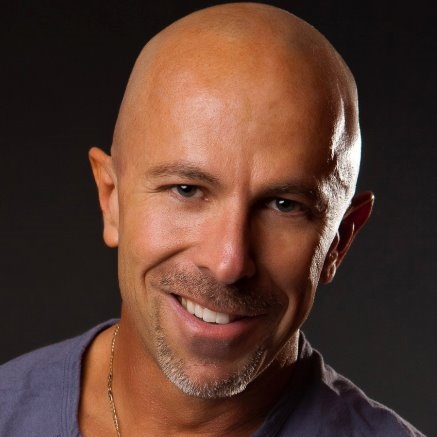
Voices

HIV/AIDS treatment about education as well as access
BRYAN SCHIMMEL
I was confronted with my first personal loss when my friend and colleague, Bill Faure, a visionary in South African television, lost his battle with the virus in 1994.
I was diagnosed four years later, and was at risk of suffering a fate similar to Bill. But by that time, the first successful antiretroviral (ARV) regimens resulted in the plummeting of the HIV/AIDS related death rate for the first time in 15 years.
Medication consisted of multiple tablets with complex dosing instructions. They were expensive and toxic to some organs, as well as producing myriad unpleasant side effects. But they kept people alive.
Over the past 20 years, ARV treatment has advanced exponentially. The cost has come down dramatically, and the dosing regimen has been simplified to one tablet a day.
For three decades, the world was inundated with safe-sex campaigns and drives to educate people on how the virus is transmitted, through which fluids, and via which avenues of access to the body. In the past few years, irrefutable medical evidence has shown that HIV-positive people who are on ARV therapy and maintain an undetectable viral load are now considered to be non-infectious.
The new catchphrase is, “undetectable = untransmittable”. This is a huge concept to accept after so many years of focused education on the risks and dangers of HIV infection. I have been on antiretroviral treatment for 14 years, and have been undetectable for as long.
It’s an odd yet reassuring feeling to know that as long as I continue in this way, I won’t be considered clinically infectious. I can’t overstate the value of being tested.
It might seem that the key to all of this is simply commitment to ARV treatment. However, even with affordable treatment now being rolled out in South Africa, stigma is still a huge obstacle to treatment.
To coincide with this past World AIDS Day on 1 December, South Africa has rolled out a new and affordable three-in-one ARV treatment. According to Robert Matiru of global health development organisation Unitaid, this new regimen, known as TLD, is a game changer for South Africa which has the highest burden of HIV of any country in the world.
It’s a game changer because in a country that has been ranked amongst the highest in the world for inequality, the low cost to develop and produce this new ARV could assist in the treatment of up to five million HIV-positive people who are not currently able to afford or receive treatment.
However, the percentage of HIV-positive South African people that remain untreatable isn’t strictly limited to socio-economic inequality or the inability to afford treatment. A relationship between inequality and stigma needs to be examined.
The middle to upper class who live in the urban centres of the country – regardless of cultural or racial background – who can afford private healthcare with direct access to medical practitioners who specialise in HIV infection and treatment, are likely to be more educated and informed about advancements and developments in the understanding of HIV/AIDS.
The lower class, historically disadvantaged and on the poverty line, who are less educated, lack literacy, and are drawn into beliefs that reside deep in tribal, religious, cultural, historical, and ethnic mindsets, are most at risk of stigmatising and/or being stigmatised when it comes to the subject of HIV/AIDS in South Africa.
The tragedy of inequality in South Africa is not merely the gigantic gulf between the haves and have-nots. It’s the seismic fault line that lies between those who are educated and those are deprived of sufficient education to be able to make informed choices that have an impact not only on physical health and well-being, but also mental and emotional well-being.
It’s all very well that a new, cheap-to-produce ARV has been rolled out in South Africa. But it’s not going to be nearly as effective if there’s no support programme that encourages that sector of the population to come forward and feel safe to be tested without fear of stigma.
Bryan Schimmel is a multi-award winning music director, arranger, performer and public speaker who won the Absa Jewish Achiever Award for Art, Sport, Science and Culture.




